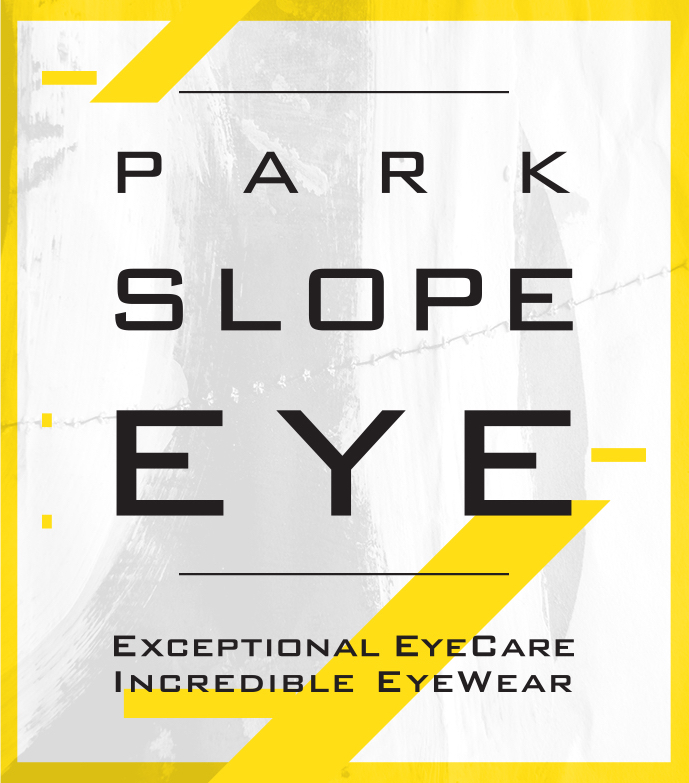If you have astigmatism, there are many different ways you can correct your vision, including through glasses or contact lenses. If you want contact lenses, you have several options, including toric, hybrid, and scleral lenses.
If you’re looking for the best contact lenses, which should you choose? Learn more about astigmatism, contact lenses, and the best choice for you.
What Is Astigmatism?
Astigmatism is the imperfection of the curvature of your eye’s cornea or lens. The front surface of the eye or the lens has mismatched curves.
Instead of containing one curve like a ball, the eye is egg-shaped. This condition causes blurry vision at all distances.
Astigmatism is typically present from birth. It may develop alongside myopia or hyperopia. Some children may not be aware they have blurred or distorted vision due to this condition.
If your child has uncorrected astigmatism, it can affect their performance in school, sports, and other activities.
Some common astigmatism symptoms include:
- Blurry vision
- Squinting to see clearly
- Eye discomfort
- Eyestrain
- Headaches
- Difficulty seeing at night
Corrective lenses are the common treatment for astigmatism, and there are many options to choose from. Specialty contact lenses are easy to wear and have many benefits for astigmatic eyes.
Toric Contact Lenses
Wearing regular contacts with astigmatism may be difficult because of the cornea’s unique shape. Toric contact lenses offer different corrective powers in multiple areas of the lens. Every eye affected by astigmatism is unique, so there is no uniform way to design these lenses.
Toric lenses have different corrective powers for different horizontal and vertical planes of the lens. Toric lenses are custom-made for each person’s eyes. They can even prevent the lens from shifting out of place.
Toric lenses prevent the corrective powers from getting stuck out of position with a weighted bottom. A small weight aligns the lens’s axis, allowing it to automatically correct itself if the lens shifts when blinking.
It may take a few attempts to find toric lenses offering you the best comfort and clear vision.

Soft Contact Lenses
Soft contact lenses are made of flexible plastic, allowing oxygen to pass through to the cornea. These contacts are easy to adjust to, typically only requiring a few days of wear to feel comfortable. Soft contacts are versatile, offering daily and extended wear lenses.
Rigid Gas Permeable Lenses
Rigid gas permeable lenses are durable, more resistant, and offer clearer vision than soft contacts. They are easier to handle but are generally less comfortable to wear. It may take weeks before you feel comfortable wearing these lenses.
Hybrid Contact Lenses
Hybrid contact lenses aim to bring the benefits of rigid gas permeable and soft contact lenses together. These contacts are beneficial for people with more severe astigmatism.
Hybrid contact lenses have a rigid gas permeable center, giving you crisp, clear vision. A soft outer ring surrounds the center of the lens, offering comfort without sacrificing clear sight.
The benefits of soft and rigid gas permeable contact lenses are available in hybrid lenses. Besides astigmatism, hybrid lenses can be helpful for conditions such as:
- Corneal irregularities
- Presbyopia
- Keratoconus
- Corneal transplant recovery
Scleral Contact Lenses
Scleral lenses are a little different than your average contacts. They vault over the entire corneal surface, meaning they cover the cornea and rest on the “whites” of the eye (the sclera). The lens’s design helps make an irregular cornea into a smooth ocular surface.
Scleral lenses are gas permeable, providing several benefits, including:
- Clearer vision
- Easier handling
- Durability
Some find these lenses more comfortable than traditional contacts because they rest on the sclera rather than the corneal tissue. Scleral lenses aren’t only for astigmatism; your optometrist may prescribe these contacts for:
- Dry eye
- Corneal irregularities
- Graft versus host disease
- Stevens-Johnson syndrome
- Keratoconus
- Sjogren’s syndrome
- Recovery from a corneal transplant
All of these different contacts can be beneficial for astigmatic eyes, but which lenses are best?
Which Contact Lenses Are Best for Astigmatism?
There is no clear “best” option when choosing contact lenses for astigmatism. Whether you’re looking for toric, hybrid, or scleral lenses, the choice is ultimately yours. Your lenses should tailor to your specific needs.
People with astigmatism have unique eyes, requiring personalized lenses. If you’re unsure of what contact lenses you think are best for you, think about your eye health and vision needs. If you want another opinion, contact your optometrist and ask which contact lenses are best for you.
Find the Best Lenses for You
If you have astigmatism and want to wear contacts, you have plenty of options. The challenge is finding the best lenses for your ocular needs. Thinking about your eye care needs can help you make a final decision. If you have questions about contact lenses, or you need an examination, book an appointment. Your optometrist can help you find the best contact lenses for your needs.









